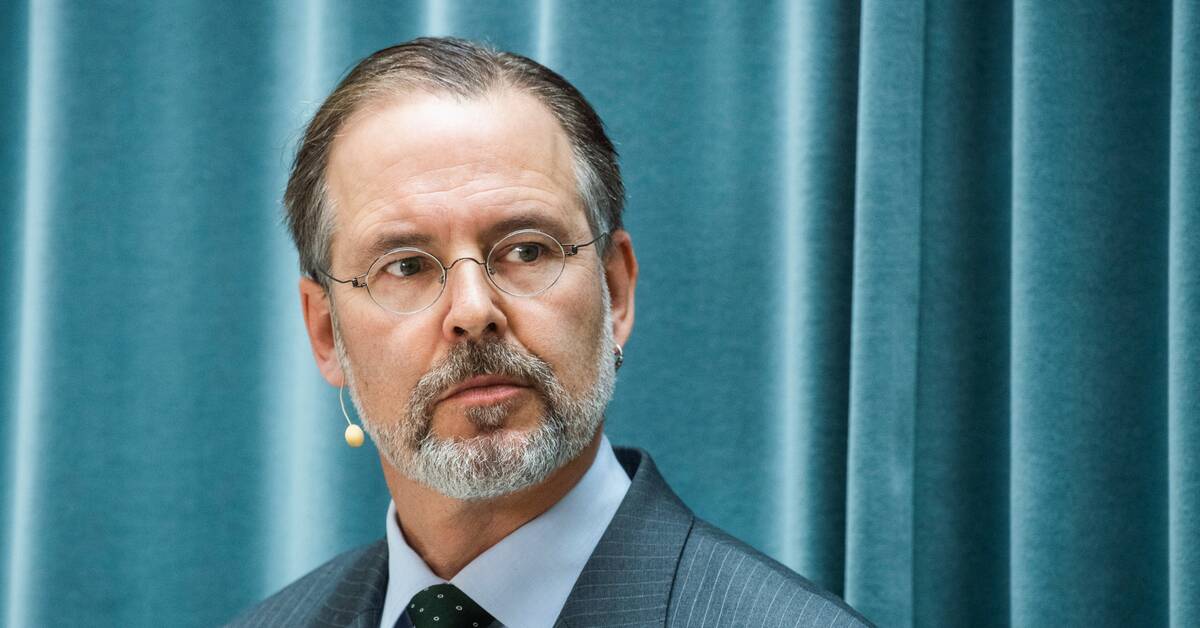The banking slumps and bank chills of recent weeks have created turbulence in the financial world. A banking disaster rarely comes alone and the risks of financial crises are enormous.
Historically, banking crises have led to financial crises, and this must now be avoided, according to Anders Borg.
"A banking crisis is a major social crisis that really upsets a society," he says.
In the hope of dampening high inflation, the Riksbank has raised its key interest rate, which has made the economy more difficult for many households and companies. This is not an optimal situation and, according to Borg, continued interest rate hikes could create worse ripples.
"Of course, I also want to reach the inflation target of 2 percent, but I can live with the fact that it will take a few years. The banking crisis is more dangerous than inflation, he says.
Easier to deal with high inflation
Annika Winsth, chief economist at Nordea, agrees and explains in Ekonomibyrån that a financial crisis means a very weak economic development for many years – where companies fail and people become unemployed.
"It is much more difficult to deal with a financial crisis than to support those who cannot afford to pay for food or electricity during high inflation," says Annika Winsth.
Watch Ekonomibyrån's latest episode "The bank bubbles" on SVT Play.

